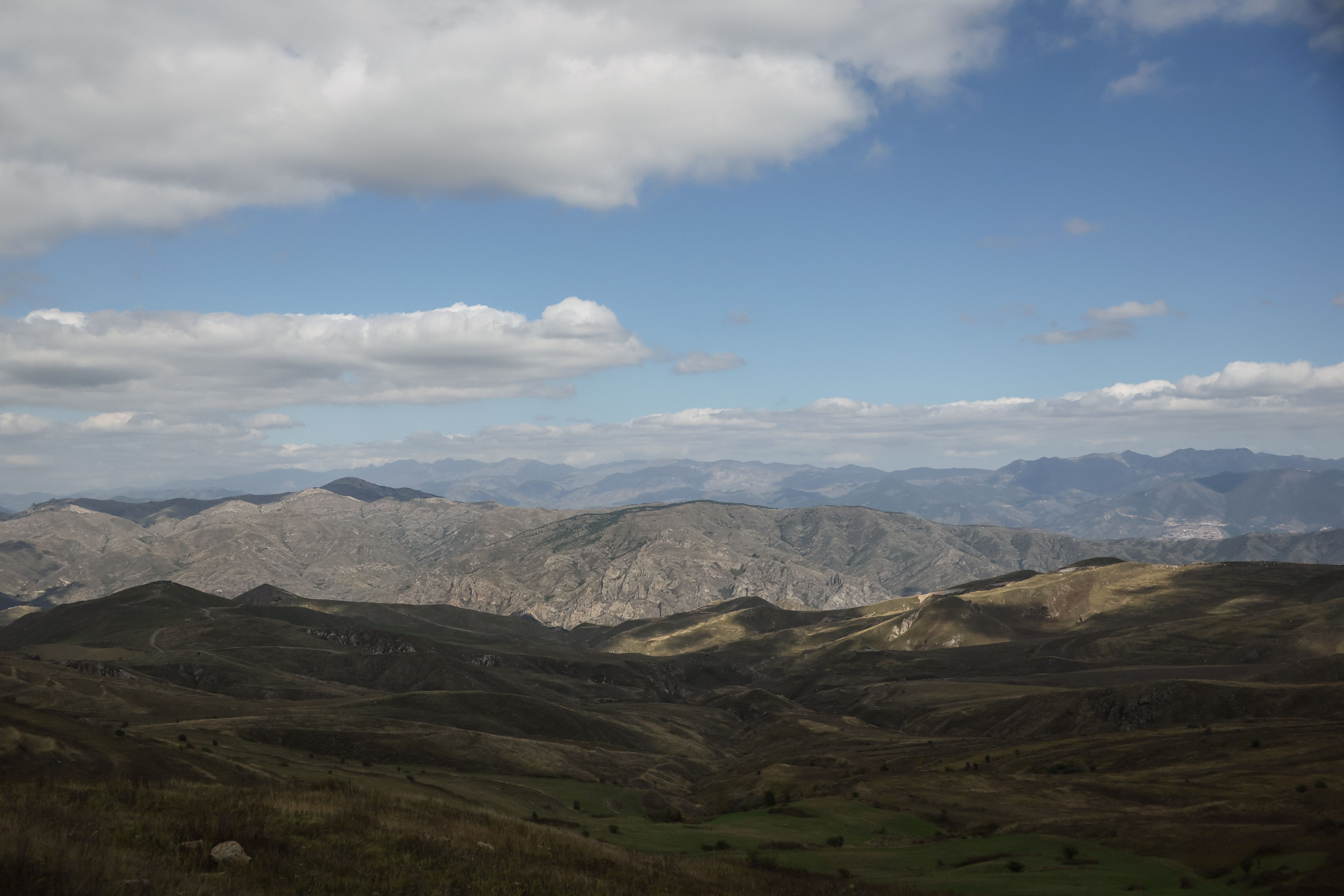Russia’s aggression against Ukraine has set in motion new security and power dynamics across the wider Black Sea region. The conflict, which continues to overwhelmingly preoccupy the Kremlin created a power vacuum in the South Caucasus and, in the aftermath of the recent series of wars over Karabakh, opened up space for peace negotiations between Armenia and Azerbaijan. These negotiations may not only lead to a normalization of Armenian-Azerbaijani ties following three decades of conflict but also open the possibility for reconciliation between Armenia and Turkey, with ample economic, political, and security effects for the entire region.
Russia’s aggression has also created energy supply shortages in Europe, drawn the South Caucasus closer to the continent, and rushed the energy transition in many instances. Azerbaijan is becoming an ever more important energy supplier to European customers. At the same time, Baku is investing in key renewable energy projects, with an eye to becoming a major clean electricity exporter, and is set to host the United Nations Climate Change Conference (COP29) in November 2024.
This panel discussion brings together two of this year’s Black Sea Program Title VIII research fellows to present their findings on the South Caucasus in the context of new security arrangements, peace negotiations, and the global energy transition. The research fellowships are granted by the US State Department for the Middle East Institute’s Black Sea Program.
Speakers
Omer Niazi
Title VIII Research Fellow, Black Sea Program, Middle East Institute
Umud Shokri
Title VIII research fellow, Black Sea Program, Middle East Institute
Iulia Joja (Moderator)
Director and Senior Fellow, Black Sea Program, Middle East Institute
Extended Speaker Biographies
Omer Niazi is a Title VIII State Department Black Sea Research Fellow at the Middle East Institute. He is a Mason Fellow and a master’s in public administration candidate at the Harvard Kennedy School. Omer has researched with the Belfer Center for Science and International Affairs at the Harvard Kennedy School, the American Enterprise Institute (AEI), the Institute for the Study of War (ISW), and the Center for International Private Institute (CIPE), among others. He has worked with U.S. Civilian Research and Development Foundation on initiatives aimed at countering the proliferation of Weapons of Mass Destruction (WMD). As a Title VIII Black Sea Research Fellow with the Middle East Institute, his research will explore Russian influence in the South Caucasus states, particularly Armenia and Azerbaijan, to inform United States foreign policy in the region.
Dr. Umud Shokri is a highly regarded energy strategist and senior foreign policy advisor, bringing over two decades of expertise to his role as a Senior Visiting Fellow at George Mason University. With a Ph.D. in International Relations, Dr. Shokri's broad knowledge encompasses global energy dynamics, climate change, clean energy technologies, energy security, and geopolitics. In his capacity, he actively shapes academic discourse, collaborating with fellow scholars and engaging students to foster innovative research addressing pressing challenges. As a Title VIII Black Sea Research Fellow with the Middle East Institute, Dr. Shokri focuses on examining the intricate dynamics of energy transition within the Caspian Sea region, with specialized emphasis on Azerbaijan.
Iulia-Sabina Joja, Ph.D., is a senior fellow and director of MEI's Black Sea Program. She teaches European security as an adjunct professor at Georgetown University and George Washington University. Her research and teachings focus primarily on European and Black Sea security. Prior to this, Iulia Joja served as an adviser to the Romanian President and as a deputy project manager at NATO Allied Command Transformation in Virginia. She has worked with the Romanian delegation to the United Nations, the European Parliament, and the Romanian Ministry of Foreign Affairs. She was also a visiting scholar at the Center of Military History and Social Sciences of the German Armed Forces in Potsdam/Berlin and a DAAD post-doctoral fellow at the Foreign Policy Institute of the Johns Hopkins School of Advanced International Studies.
(Photo by ALAIN JOCARD/AFP via Getty Images)












